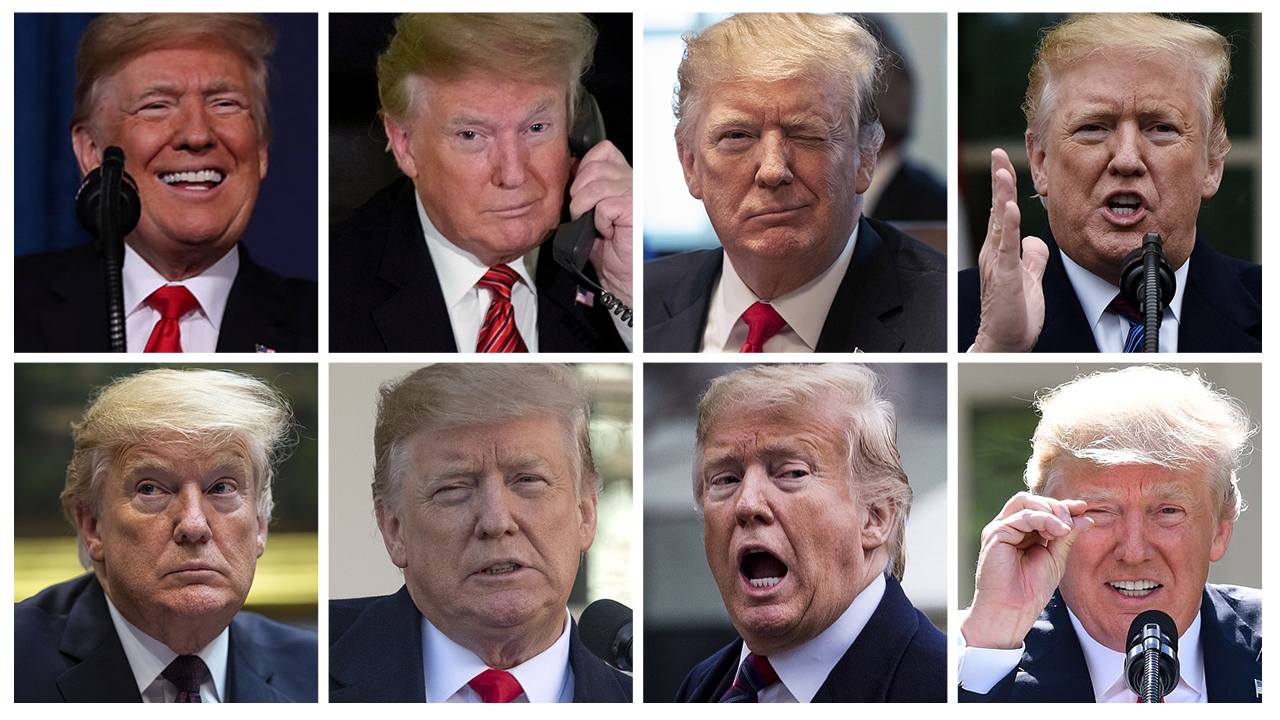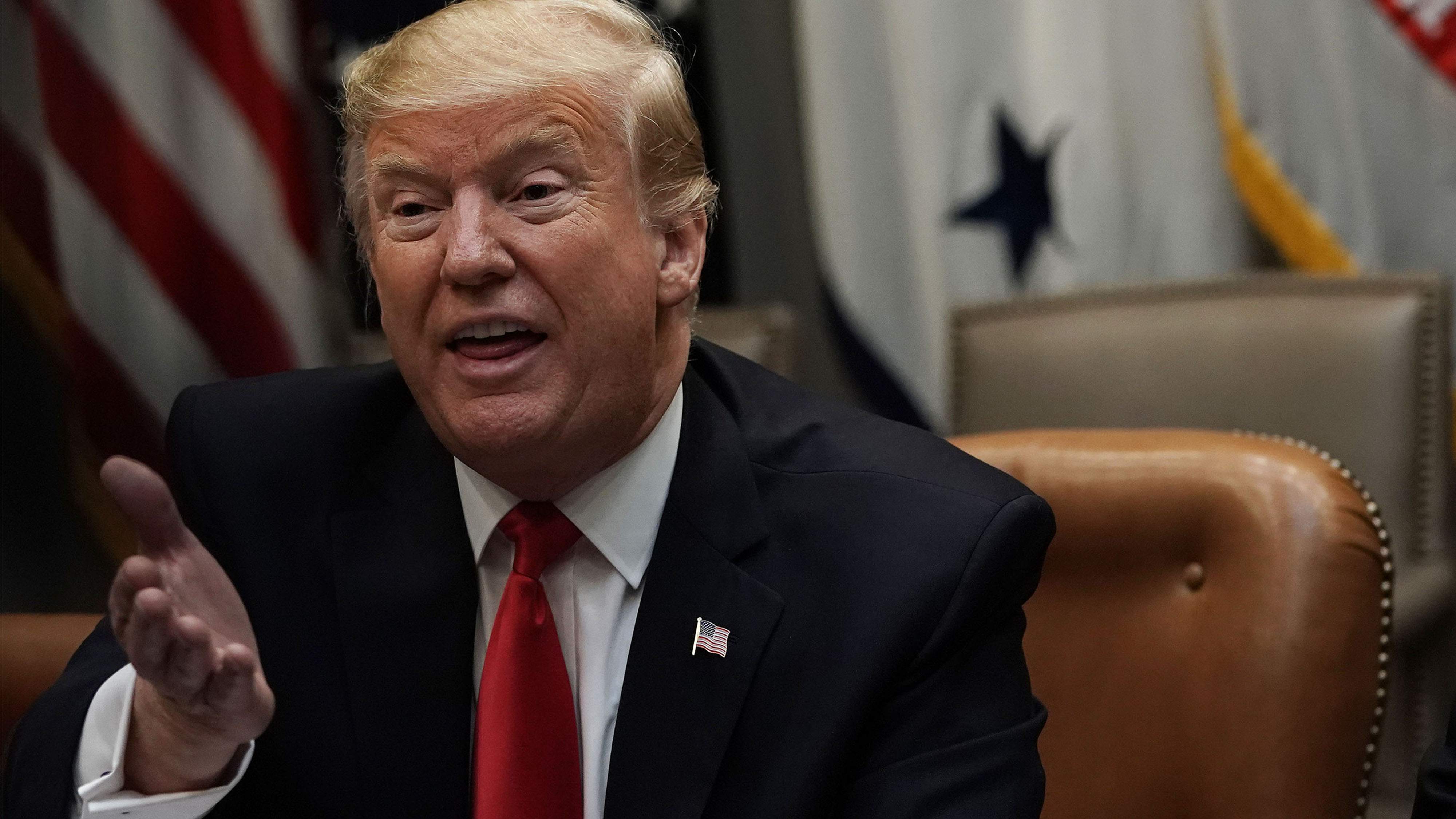
North America
16:33, 29-Jan-2019
Trump's State of Union Address: From no show to prime time show?
By Wang Mengjie

U.S. President Donald Trump and House Speaker Nancy Pelosi have finally agreed the president will give the annual State of the Union address on February 5, which was postponed at first and even said to be canceled.
In response to Pelosi's letter stating their agreement on the date, Trump wrote it's his great honor to accept Pelosi's invitation, and mentioned they have "a great story to tell."
Read more:
While all the squabbling on the two sides is in full swing, one thing is for sure: there is no other drama that can be greater than Trump.
A golden opportunity for Trump to get the 'wall'?
For Trump, his annual address is a powerful opportunity to appeal directly to the American public to support his policies, especially his demand of a wall along the U.S. border with Mexico as immigration was a hot button issue last year.
Trump pictured his reform of outdated immigration rules and vowed to bring immigration system into the 21st century with a program to build a wall on the Southern border in his speech in 2018.
"It is time to begin moving towards a merit-based immigration system - one that admits people who are skilled, who want to work, who will contribute to our society, and who will love and respect our country."
It is for sure that Trump will cover the aspect in his second State of the Union Address this year.
What is the State of Union Address?
According to the U.S. House of Representative's archive, the State of the Union address is an annual speech by the president to a joint session of Congress. Including Trump's first address last year, there have been 95 addresses.
During the speech, the president will present what his administration has done in the past year and what it plans to do moving forward.
01:01

Immigration, jobs, tax cuts, the American Dream, veterans, energy, medical care, education, counter-terrorism and defense are all topics that have been included in his last speech.
Is Trump using the government as a 'bargaining chip'?
After the 35-days government shutdown, Trump announced a short-term deal to reopen the government for three weeks while claiming his right to do another shutdown.
While Senator Lamar Alexander spoke out against the move, arguing it was unjustifiably wrong, HuffPost reported on Monday.
"We should never ever close the government down as a bargaining chip in a budget negotiation, whether it's border security or Planned Parenthood or military funding or anything else,” Alexander said.
American political commentator Robert Reich also echoed Alexander's stance, saying that Trump is treating the government of the United States as a bargaining chip.
A president who shuts down the government in order to get his way on a controversial issue, such as building a wall along the border with Mexico, offering to reopen it as a concession when his opponents give in, is not protecting the means of democracy, Reich said.
Moreover, Democratic Senator Tim Kaine of Virginia believed the use of government shutdown as a negotiating tactic should be discredited.
"If we give in to that kind of a tactic, using massive swaths of the American government, federal workers and American citizens as leverage, you can be sure this president will turn to that again and again and again every time he doesn't get his way," Kaine told NPR last Tuesday.
(Top image: A combination photo of Trump by CGTN's Jia Jieqiong)
(With inputs from agencies)

SITEMAP
Copyright © 2018 CGTN. Beijing ICP prepared NO.16065310-3
Copyright © 2018 CGTN. Beijing ICP prepared NO.16065310-3